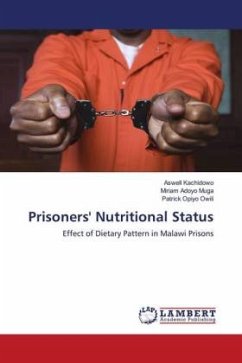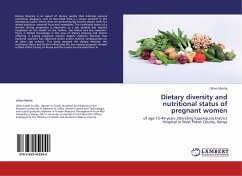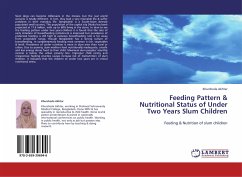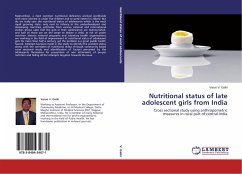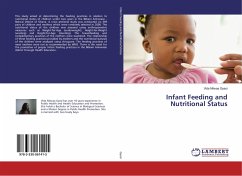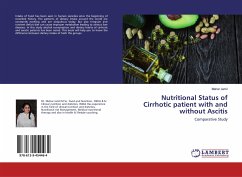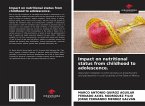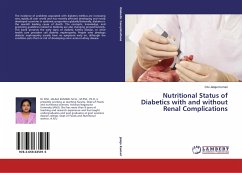Prisons are institutions where diverse people who have different offences live. However, prisoners are often neglected and carry a greater burden of nutritional problems than the general population. Prisoners have been observed to develop nutrition-related complications such as underweight and wasting. This may be due to inadequate food or nutrients intake and under-utilization of the nutrients by the body. In Malawi, there are 30 prisons with holding capacity of 7,000, and yet are currently holding approximately 15,000 prisoners. It is therefore ranked among the 12 worst overcrowded prisons in the world. Even though it is required that prisoners be provided with safe and healthy foods to maintain their health, it is evident that this is not attainable in Malawi Prisons. Consequently, this book explored the relationship between dietary pattern and nutritional status among prisoners in Malawi.
Bitte wählen Sie Ihr Anliegen aus.
Rechnungen
Retourenschein anfordern
Bestellstatus
Storno

